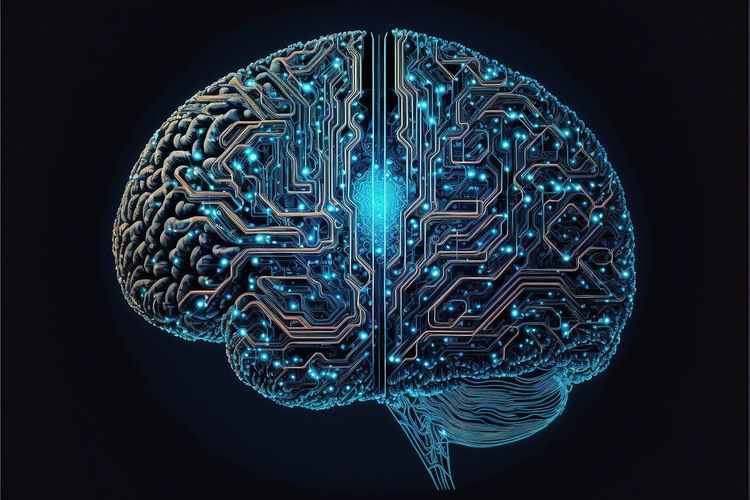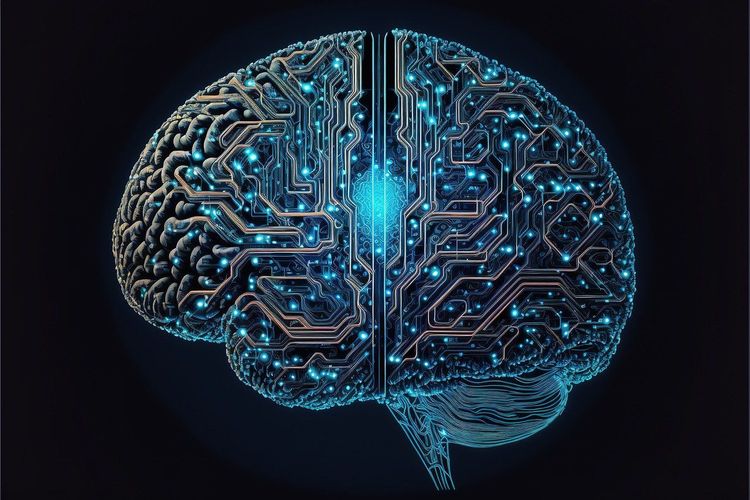During his closing remarks at the I/O 2019 keynote, Jeff Dean, lead of Google AI, emphasized the company's focus on developing "AI that can work across disciplines." This statement hints at Google's pursuit of artificial general intelligence (AGI), technology that could eventually match or surpass human intelligence.
In pop culture, AGI is often depicted as human-like robots, from the menacing Terminator to the heroic Vision. However, true self-aware machines are still far from reality. Nathan Michael, an associate research professor at Carnegie Mellon University and director of the Resilient Intelligent Systems Lab, believes AGI will emerge from today's specialized "narrow" AIs. "General AI represents a synthesis of various specialized AIs," he explained. Rather than being a singular system, AGI will be a capability threshold reached through collaboration among multiple narrow AIs.
Michael compares this development to a human infant, which is not born with a fully developed consciousness or self-awareness. Instead, humans build various specialized forms of intelligence that allow them to navigate their environment, manipulate objects, and gradually gain cognitive abilities. Similarly, AI development follows this methodical approach. For instance, Miso Robotics' Flippy was initially designed to flip burgers. Now, it operates a deep fryer and is learning to clean up after itself. With ongoing upgrades, Flippy has the potential to evolve into a more general kitchen AI that mimics human abilities.
However, achieving AGI presents numerous challenges. Technical limitations, including processing power and data management, hinder the capabilities of AI systems. Michael pointed out that advancements in data storage prompt questions about how to interpret the data's influence on algorithm performance. Understanding the algorithms' correctness across different contexts remains a significant hurdle, especially given the biases inherent in training data.
As AI systems integrate, measuring their combined performance becomes increasingly complex. "Understanding the performance of these algorithms is crucial for combining them effectively," Michael stated. This understanding is essential for building trust in AI, as users need assurance that algorithms behave reliably based on their data inputs. Historically, establishing trust in engineered systems requires time and concrete evidence; this expectation will apply to AI systems as well.
Although concerns exist about AI taking over menial jobs, humans tend to adapt well to new technology. "We live with AI," Michael noted, pointing to its growing sophistication in everyday applications. While many AI advancements might seem minor—such as Siri gradually improving—some changes could be transformative, like the eventual trust in autonomous vehicles to transport us without individual drivers.
Historical parallels can be drawn to the introduction of the horseless carriage. At first, these machines shared roadways with horses and pedestrians in a confusing environment. Yet, society adapted incrementally to this new technology. This is reflected in the current trajectory of AI development.
Google's AI advancements in the past year serve as a testament to the growing integration of sophisticated AI into our lives. Take Duplex, for instance; this AI can make restaurant reservations over the phone by understanding human conversation. In just one year, Duplex has expanded across the smartphone ecosystem and into 43 states, with the introduction of a complementary service called CallJoy for businesses.
Although initial reactions to such advancements were apprehensive, features like Duplex have become standard functions of Google Assistant. Looking ahead, Google's latest breakthroughs in machine learning will enhance the Assistant's capabilities, enabling it to operate independently of network connectivity, bringing AI's full potential to any smartphone.







